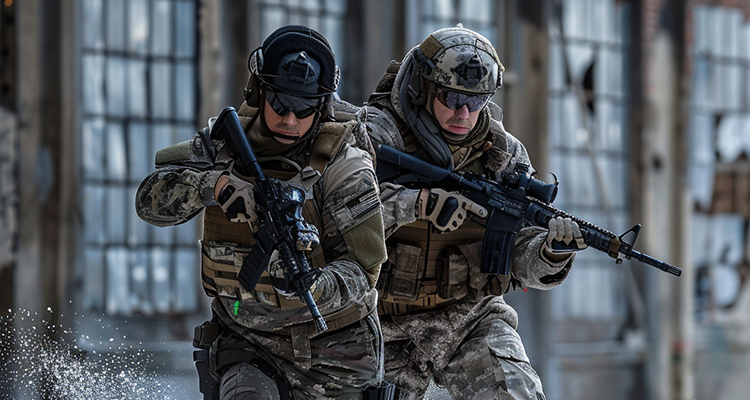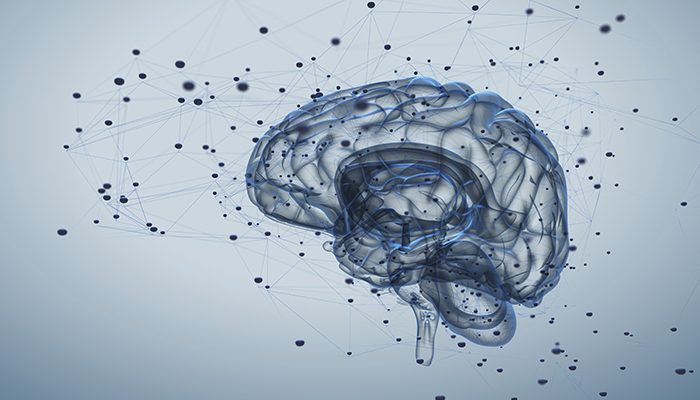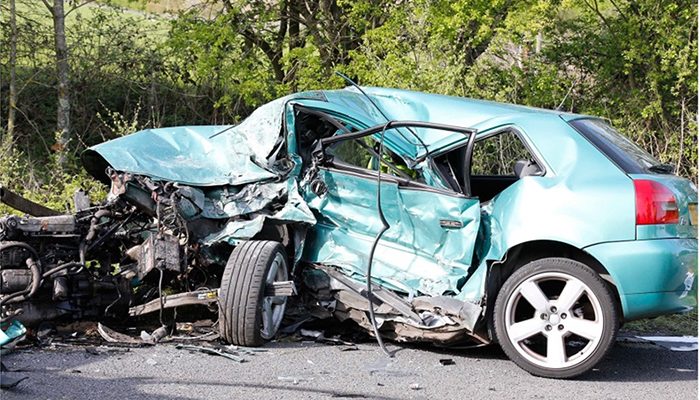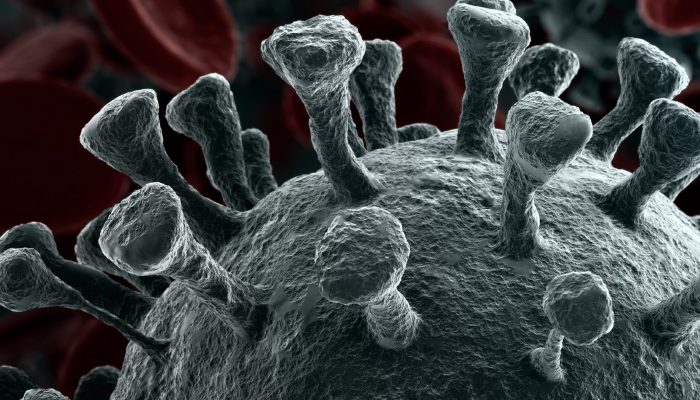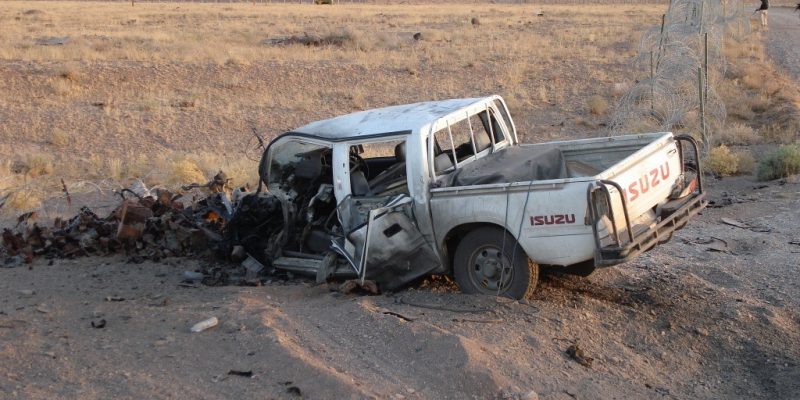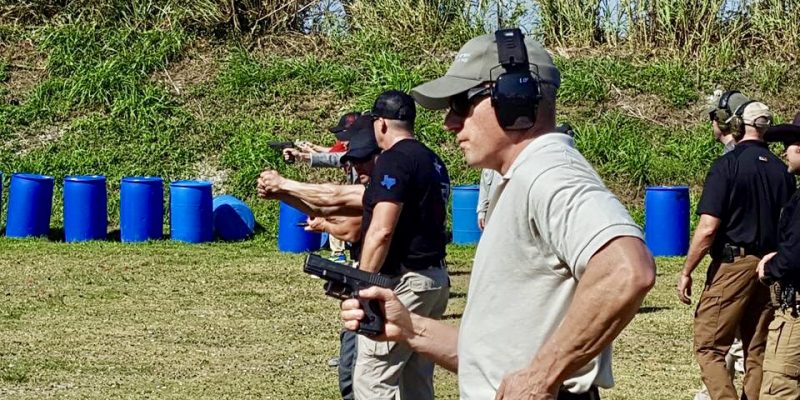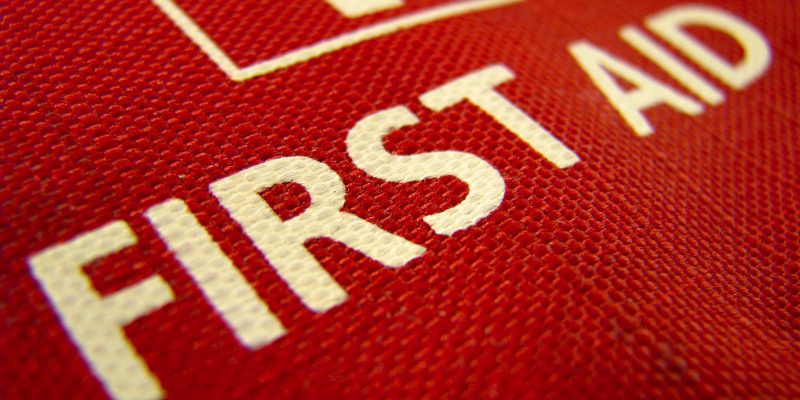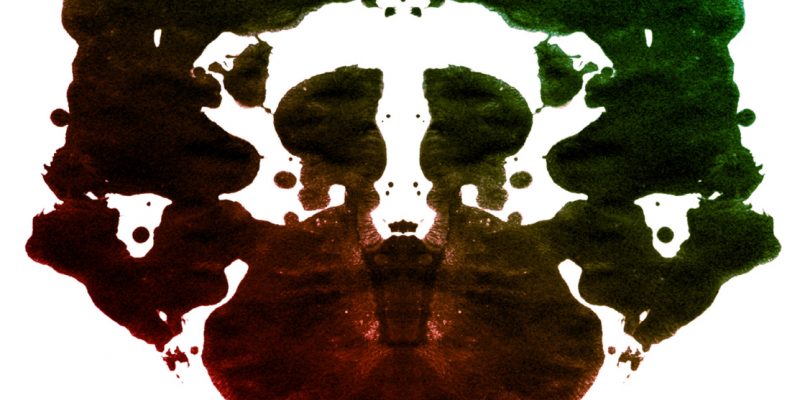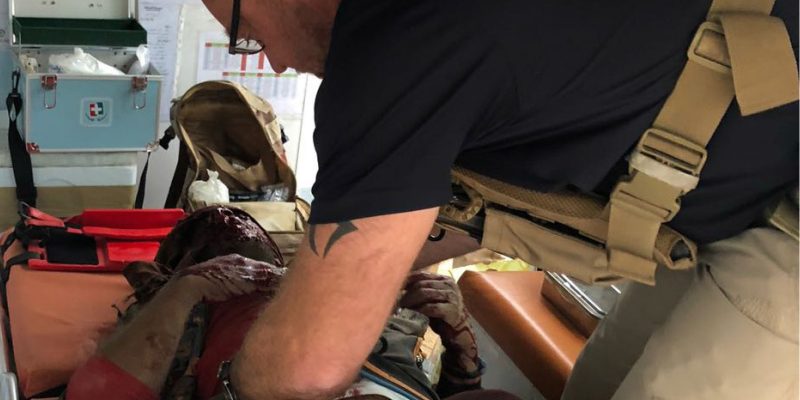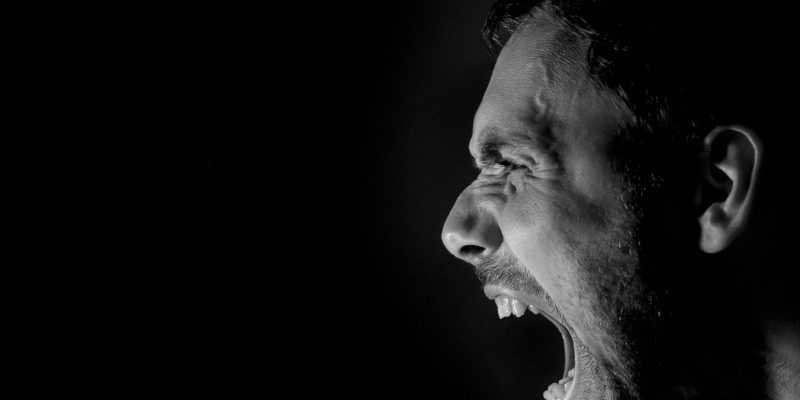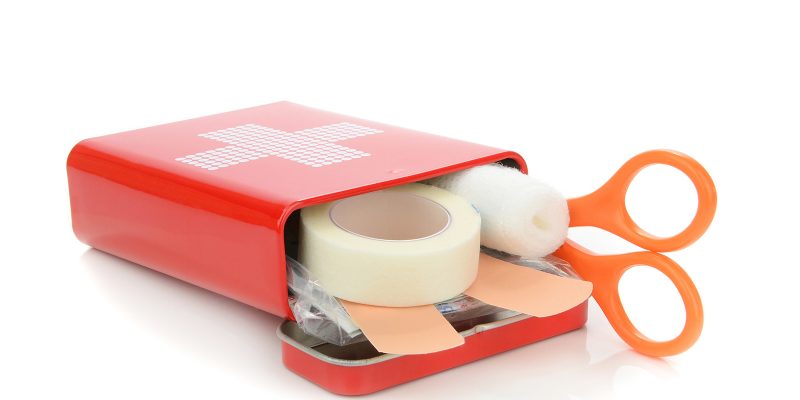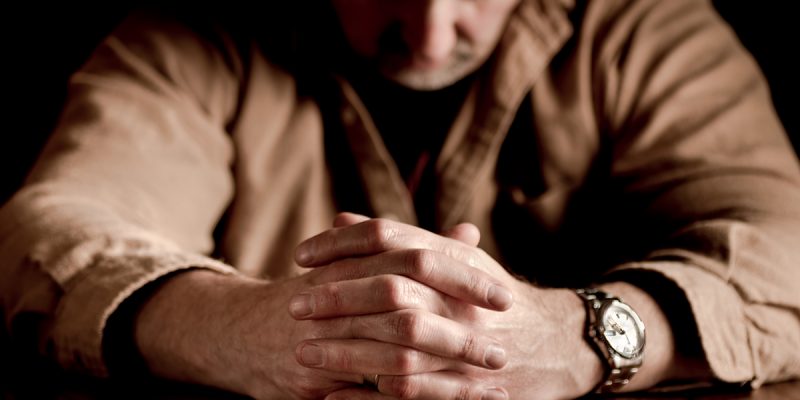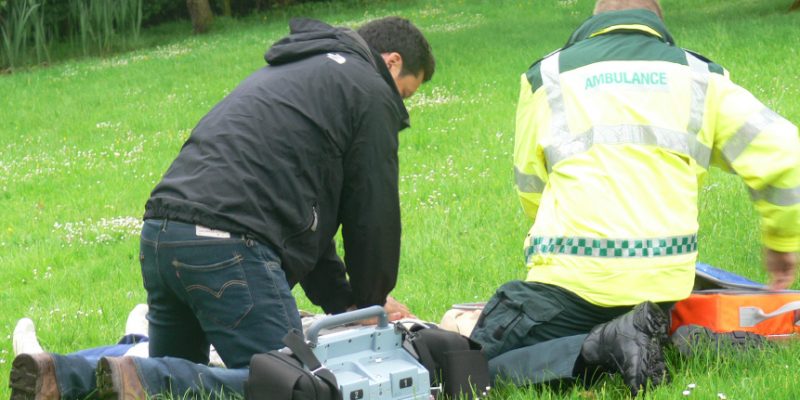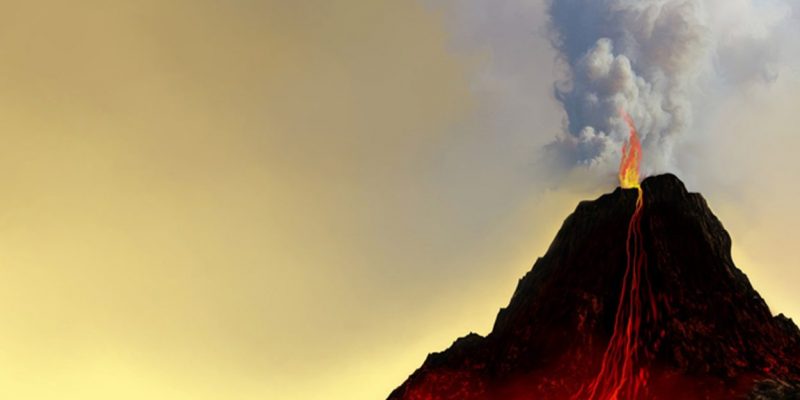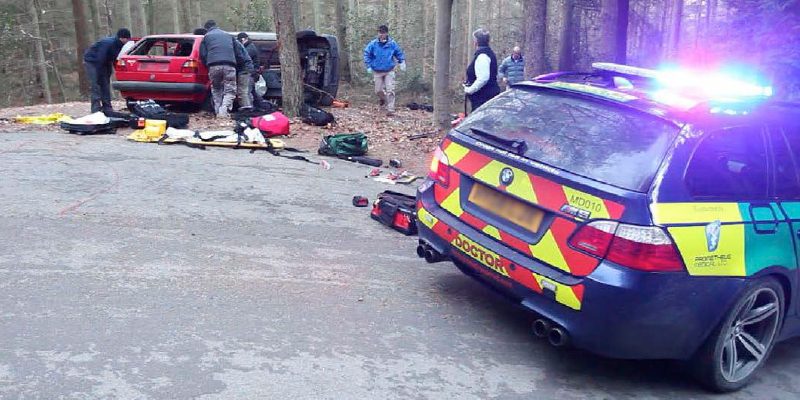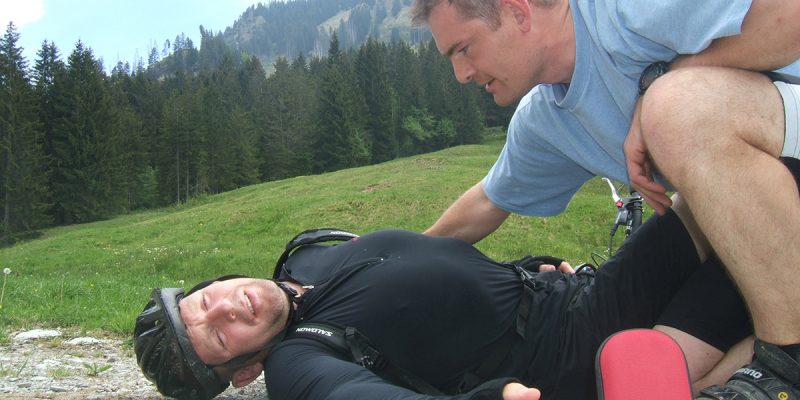Within the industry, it’s been long debated whether or not martial arts training is essential to an agent. And if so, what style? In my opinion, the short answer is, of course, it’s essential. In this industry, we voluntarily take on responsibility for someone else’s defense. This implies that we should have an adept ability to protect ourselves proficiently.
Medics in Iraq – Experience on the Ground in Iraq
In the early days of ‘private contractor’ work in Iraq, medics were generally unregulated and unregistered. Since then the role of the medic has evolved from working as a ‘team medic’ into a ‘Tier 2’ medic who carries a comprehensive medical kit & medications and is able to function as a lone medic, often in remote locations. This should be a good thing, but it also comes with pitfalls.
Regaining balance after a threatening encounter
There’s no denying that security and close protection work is mentally and emotionally demanding. Life-threatening situations, exposure to graphic scenes, distressed individuals, and violent perpetrators as well as the occupational stressors such as unsocial working hours and being away from home mean you need to be operating at peak levels of resilience.
Are you a cut above your competition?
For many years good friends of ours in the close protection and military sectors have said to us that what is really needed whilst transporting their clients and personnel is the ability to carry out an emergency rescue immediately following a vehicle incident whether it is accidental or a deliberate attack on their vehicles, some of which, may be armored presenting even further rescue difficulties.
COVID-19 Is it Just another threat?
Is it not just another type of threat that the modern bodyguard must adapt to, or should we be covering this type of threat already? If the client would be susceptible to the virus due to the nature of their work, then how can we protect them without putting them into isolation? What emotional worries and stress will this have on the family? What new roles should we undertake? Or should we not?
Executive Protection Travel Pack
As is common with us all, we love our gear and we can’t get enough. A common discussion in our Facebook group, The Protective Security Group, is travel gear and equipment.
While not meant to be a comprehensive or ‘cookie-cutter’ list, below I share a typical packing of my ‘go-bag’ which I hope you all find useful; at least as a good baseline to add/subtract from for your travel needs.
Tragedy on Your Team and What Happens Afterwards?
I tend to believe that people in this business believe that the test of leadership comes during the attack on principle (AOP). While there is no denying that leadership is necessary in those key moments of an attack or any other catastrophic event. But as I stated at the Summit, the hardest part of this job is, ‘the after.’
Gap Training – What Most Practitioners Overlook
Many industry practitioners understand and embrace that continuing education is a necessity in a highly competitive, rapidly evolving industry such as protective services. Yet, there is a commonly overlooked issue which leaves gaps for most. When selecting training, do you find trendy topics, or do you train to fill your gaps?
Yet, there is a commonly overlooked issue which leaves gaps for most. When selecting training, do you find trendy topics, or do you train to fill your gaps?
Stress and Self Care
Research by the American Psychological Association indicates that as many as 75-80 percent of Americans self-report their stress to be at moderate to high levels. Stress can come in many forms, and sometimes we may not even notice or seem bothered by it. So what constitutes stress? The normal daily routine of work or home responsibilities can cause stress, as can experiencing a sudden major life-altering event, such as losing a job, dealing with sudden loss, or a prolonged illness.
FIRST AID FOR CLOSE PROTECTION
CPOs are thinkers, planners, and problems solvers and are generally expected to pull rabbits from hats at short notice and we regularly do. We are employed to ensure not only the safety and security of the client but also their health and well being.
Mental Illness and Addiction
Addiction. Mental Illness. What comes to mind when you hear those words? According to the National Alliance on Mental Illness, approximately 1 in 5 Americans experience a form mental illness within a given year, while about 21% of 13-18 year olds experience a serious mental illness.
A Medics Experience
Over the years, with the added involvement of oil and gas companies, alongside government contracts, the role of the medic has evolved from working as a ‘team medic’ into a ‘Tier 2’ medic who carries a comprehensive medical kit & medications, and is able to function as a lone medic often in remote locations. These changes have caused multiple shifts in the industry standard and requirements to become a Tier 2 Medic. This should be a good thing but it also comes with pitfalls.
The perils of looking after other people
Close protection operative has similar motivating forces to the psychotherapist. We are all in the helping professions, making people feel safer and calmer at difficult times in their lives. It’s a satisfying job that usually makes us feel good about ourselves and our abilities to help.
First aid for a psychological injury
If you work in an environment where people are likely to get physically injured, then it stands to reason you would want people available with the skills to help.
Pink & fluffy? Not at all!
We all have this incredibly sophisticated system and a brain that is constantly being shaped by our experiences. Everyone is unique in their background, skills, experience and beliefs so it’s impossible to get bored when you’re working with people.
Why has this affected me so much?
Treatment for PTSD, the person recognizes which factors played a part in their particular event and this can be very empowering. They can replace their own feelings of shame or weakness with an understanding of the complexities of what happened and this usually helps in their recovery.
Administering Basic Life Support
Basic Life Support (BLS) training is something we’ve all undertaken as part of maintaining our employment skill set. It is widely accepted that these skills diminish over 3 – 6 months after initial training. Therefore, it’s important to refresh them skills on a regular basis.
This one’s for your family…
This one’s for your family is a support guide for the loved ones and families of active protection agents who wait at home and pray for your safety.
Understanding the Importance of On-going Medical Training
It can be difficult to maintain medical training with the pressures of schedules, but whether it’s online or hands on, the importance of on-going medical training should not be forgotten or underestimated.
Medical emergencies: Acute Respiratory Emergencies
Are you prepared to deal with acute respiratory Emergencies? In this article, we’ll look at Asthma, Pulmonary Embolism, Chest infection and Spontaneous Pneumothorax.
